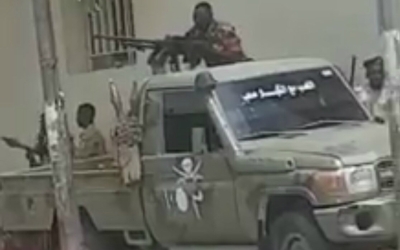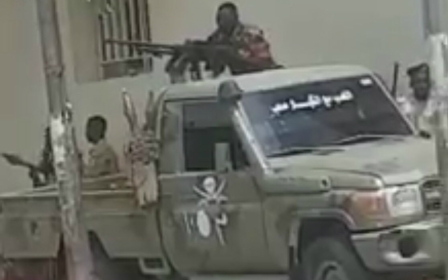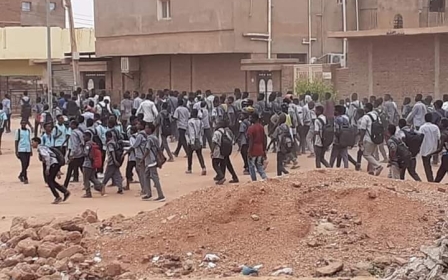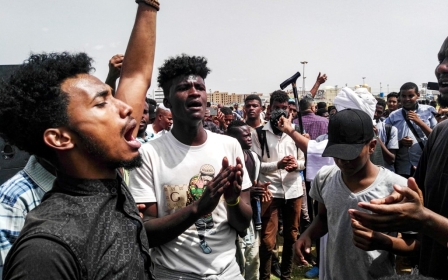Saudi Arabia deposits $250m into Sudan's central bank
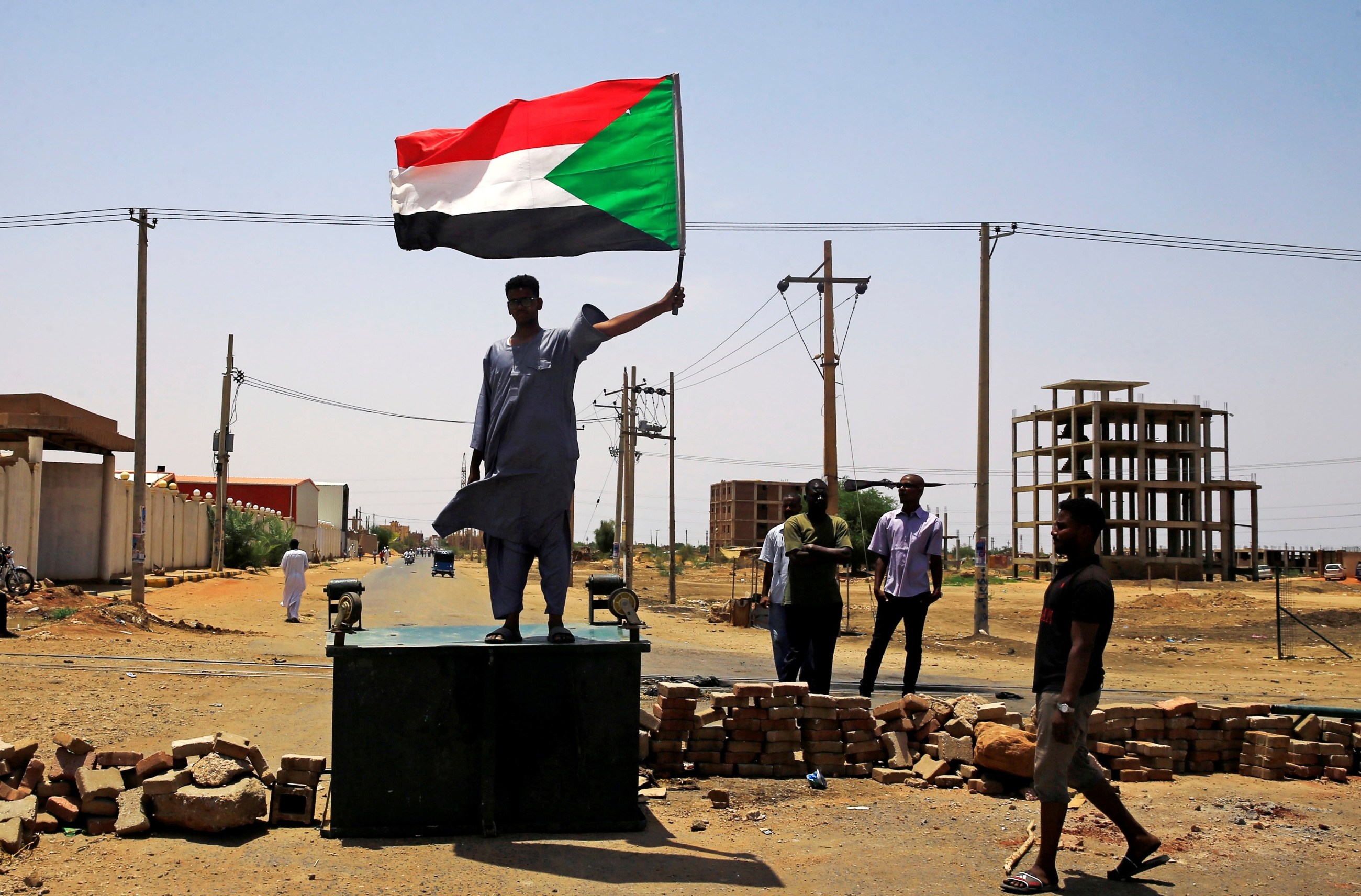
Saudi Arabia has deposited $250m into the central bank of Sudan to support its financial position, the Saudi Finance Ministry said in a statement on Tuesday.
The grant is half of a $500m package the kingdom is providing along with the United Arab Emirates in order to alleviate pressure on the Sudanese pound. This package is part of $3bn in overall aid pledged by both countries in April.
The remaining money will go towards fuel, wheat and medicine, Reuters reported.
The aid offer in April was met with protests in Khartoum from demonstrators who reportedly said they suspected that the Gulf states were trying to influence the country's Transitional Military Council.
Just weeks before the aid announcement, mass protests led the Sudanese army to topple longtime autocrat Omar al-Bashir.
New MEE newsletter: Jerusalem Dispatch
Sign up to get the latest insights and analysis on Israel-Palestine, alongside Turkey Unpacked and other MEE newsletters
However, the economy is still haunted by Bashir's legacy, including the penalties imposed for his support of armed groups and for the offensive he launched to crush rebels in the western region of Darfur.
Because Sudan is still listed by the United States as a state sponsor of terrorism and has $1.3bn of IMF arrears, it is unable to tap the IMF and World Bank for support.
Sudanese banks have struggled to re-establish correspondent relationships with foreign banks.
Sixth protester dies
As unrest in the country continued, authorities on Tuesday ordered all schools nationwide to suspend classes indefinitely after crowds of students launched demonstrations against the killing of six protesters, including four pupils at a rally in a central town on Monday.
"Killing a student is killing a nation," chanted hundreds of schoolchildren, dressed in their uniforms and waving Sudanese flags, as they took to the streets of Khartoum in protest at the killings in El-Obeid.
Sporadic demonstrations by schoolchildren were held across the capital and in other cities, the AFP news agency reported.
Four high school students were shot dead and more than 60 wounded, some by snipers, when they rallied in El-Obeid against fuel and bread shortages, the protest movement and residents said.
Late on Tuesday, a doctors committee close to the protest movement said a sixth protester died of wounds after he was "shot with a bullet in the head".
The committee did not say if he too was a student.
Demonstrators accused feared paramilitaries of the Rapid Support Forces (RSF) of shooting dead the teenagers.
Calls for investigation
In a statement on Wednesday, Save the Children said: "Schoolchildren should not be a target and we call on the government to invest in safe spaces to protect them."
Adil Al Mahi, Save the Children Sudan Country Director, said: "Countless young lives have been cut short or shattered by this violence.
"We urge the government to investigate these attacks, ensure perpetrators are brought to justice and that injured children have access to support so they can make a full recovery."
The UN children's agency UNICEF has also called on the authorities to investigate the killings and hold the perpetrators accountable.
The head of Sudan's military council, General Abdel Fattah al-Burhan, condemned the killings on Tuesday.
"What happened in Al-Obeid is sad. Killing peaceful civilians is an unacceptable crime that needs immediate accountability," he told journalists, quoted by state television.
The killings came a day before protest leaders were due to hold talks with generals on the remaining aspects of installing civilian rule, after the two sides inked a power-sharing deal earlier this month.
But protest leaders called off Tuesday's meeting.
"There will be no negotiation today with the Transitional Military Council as our negotiating team is still in Al-Obeid and will return only tonight," said a negotiator and prominent protest leader, Satea al-Haj.
Later, in a television interview on Tuesday, Burhan called on negotiators from both sides to "expedite" the dialogue given the overall impasse in the country.
Middle East Eye delivers independent and unrivalled coverage and analysis of the Middle East, North Africa and beyond. To learn more about republishing this content and the associated fees, please fill out this form. More about MEE can be found here.


